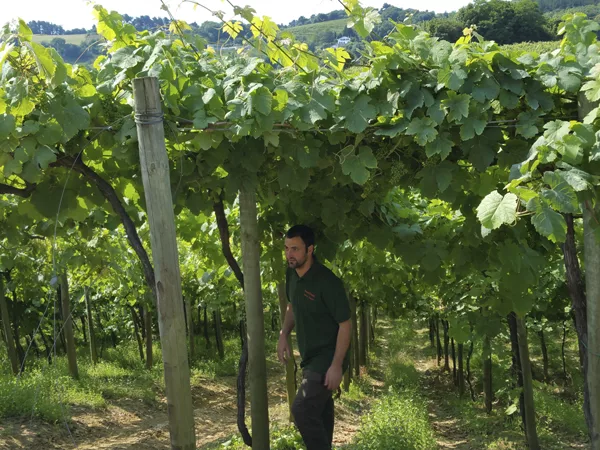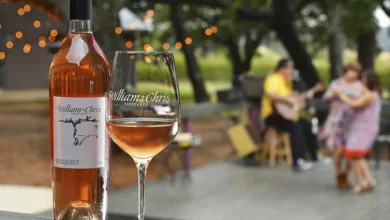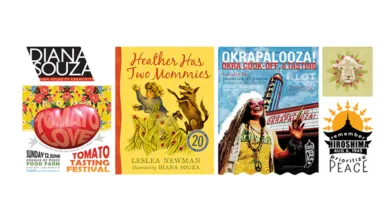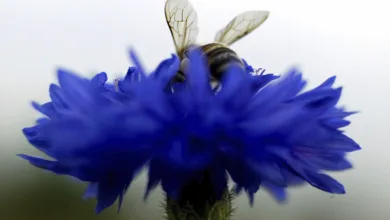Regenerative Viticulture: Wine Beyond the Bottle

Natural” wines dominate headlines these days. It’s now trendier than other ideas like sustainable, organic, and biodynamic, each of which represent different viticultural approaches. (Viticulture is the term for the agriculture of grape growing.) But most consumers aren’t clear on the distinctions between them.
Beyond Natural Wine
The problem is, no consistent definitions exist. Talk to 100 people, and you’ll get 100 different answers.
But we know most consumers would prefer to drink wines made with grapes grown in healthy soils and without added chemicals.
So, what should you look for when you want a wine for dinner tonight?
Let’s start with a basic idea. Viticulture has always been a natural process resulting from the interaction between nature and people. People planted and nurtured vines and created wine.
The Enemy of Regenerative Viticulture
Enter modern science, mega-farming, and the use of chemicals in agriculture. Most wine businesses adopted these techniques; many winemakers and grape growers lost the connection between nature and the final product. Farmers grew grapes in isolation as monocrops, leading to a host of issues including poor soil conditions and even depletion. Erosion and climate change have only made it worse.
Wine, at its best, is a magical elixir created from a true symbiosis between people and nature. It’s time to restore this balance. While some small growers remained committed to these ideas, the entire business must return to holistic agricultural practices for the sake of the planet.

The Benefits of Regenerative Viticulture
Regenerative viticulture embodies these practices. The goal is to restore the natural connection between land and people. Aspects of regenerative viticulture techniques that promote biodiversity and healthy soils include:
- Remove pesticides and encourage biological nutrients and beneficial insects.
- Reduce soil tillage and use animals and people to reduce the use of machines.
- Use cover crops to maintain soil moisture and prevent erosion while promoting plant diversity.
- Take care of animals, people, and the community.
Regenerative farming is increasingly popular, but it is not a new idea. Indigenous communities farm using many of these practices to protect and enhance their environments. Healthy soils sequester carbon, generate natural nutrients, and provide habitat for pollinators in ways depleted soils cannot.
Vineyards can lead the way to healthier farming and a lower-carbon future by going beyond buzzwords and adopting better farming habits. Healthy grapes make healthy wine. Winemakers who don’t farm their own grapes should seek growers committed to soil improvement and carbon reduction.
Wine drinkers should do the same.
“Part of what’s needed now is a more holistic policy platform—one that pushes for transformational changes to our food and fiber system alongside the grassroots organizations, community leaders, artists, and revolutionary farmers we are learning from,” says Claire O’Connor, director of water and agriculture at NRDC.
How to Support Regenerative Viticulture
- Support growers and organizations promoting regenerative agricultural practices.
- Search out producers of food and wine working toward regenerative farming.
- Learn more and educate others.
- Lobby your local representatives to support regenerative farming.
- Join a local Community Supported Agriculture (CSA) farm.
- Start a garden. Compost or plant trees. These both create humus, the base for healthy soils. Humus is the Latin word for human.
Let’s transform the wine business and the world.






